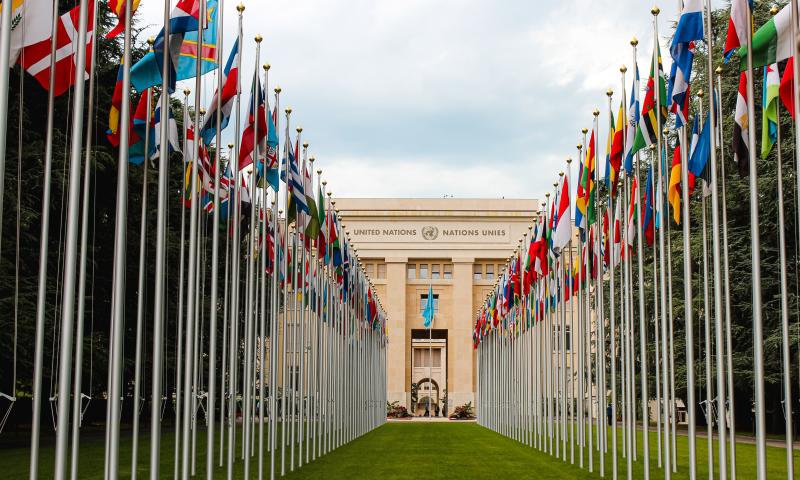
The Brian Mulroney Institute of Government Fellows Lectures Presents
“The Democratic Peacekeeping Hypothesis”
Jamie Levin, Department of Political Science
March 13, 2023
5:15 pm–6:45 pm
Mulroney Hall 4032
United Nations peacekeeping has undergone two major shifts since the end of the Cold War. The first is a move away from limited efforts to maintain peace in post-conflict environments toward more robust efforts at peace enforcement. Second, the composition of peacekeepers has changed. In 1990, the leading contributors of personnel to UN peacekeeping missions were notable supporters of multilateral cooperation and other liberal-democratic norms with extensive peacekeeping experience. As of 2012, however, the top contributors to UN peacekeeping missions had changed dramatically: Bangladesh, Pakistan, Ethiopia, and Nigeria have replaced traditional peacekeepers Canada, Finland, Austria, and Norway. While liberal-democratic nations continue to bear most of the costs, they have all but disappeared on the ground. The effects of peacekeeping on the durability of peace, democratization, and economic development in receiving states are well documented. However, to date, few comprehensive studies have explored the effects of peacekeeping on the sending states themselves. That is the focus of this talk. Has peacekeeping engendered democratic norms in sending states? Or has contributing peacekeepers helped entrench illiberal and undemocratic norms amongst sending states?
All are welcome.
Join us in person or via Zoom (https://us06web.zoom.us/j/83761202777).